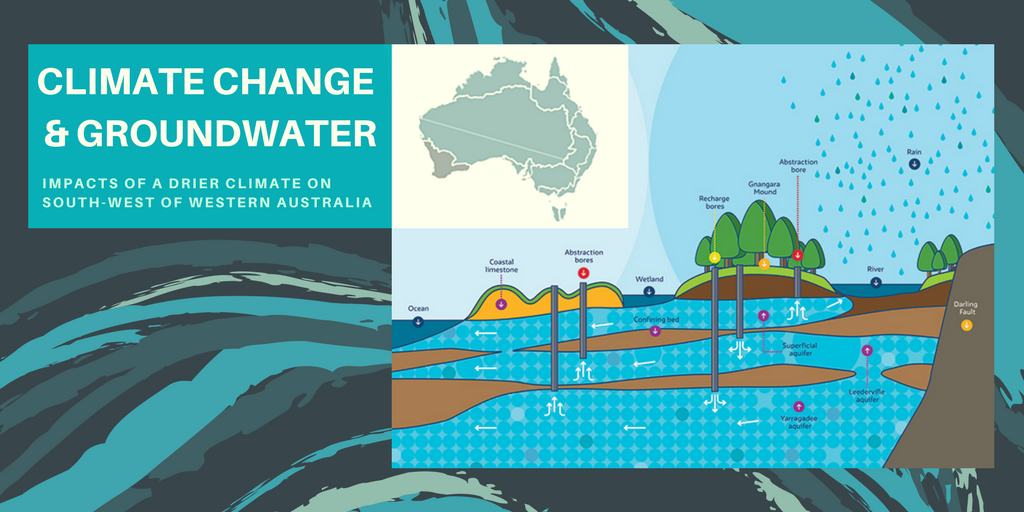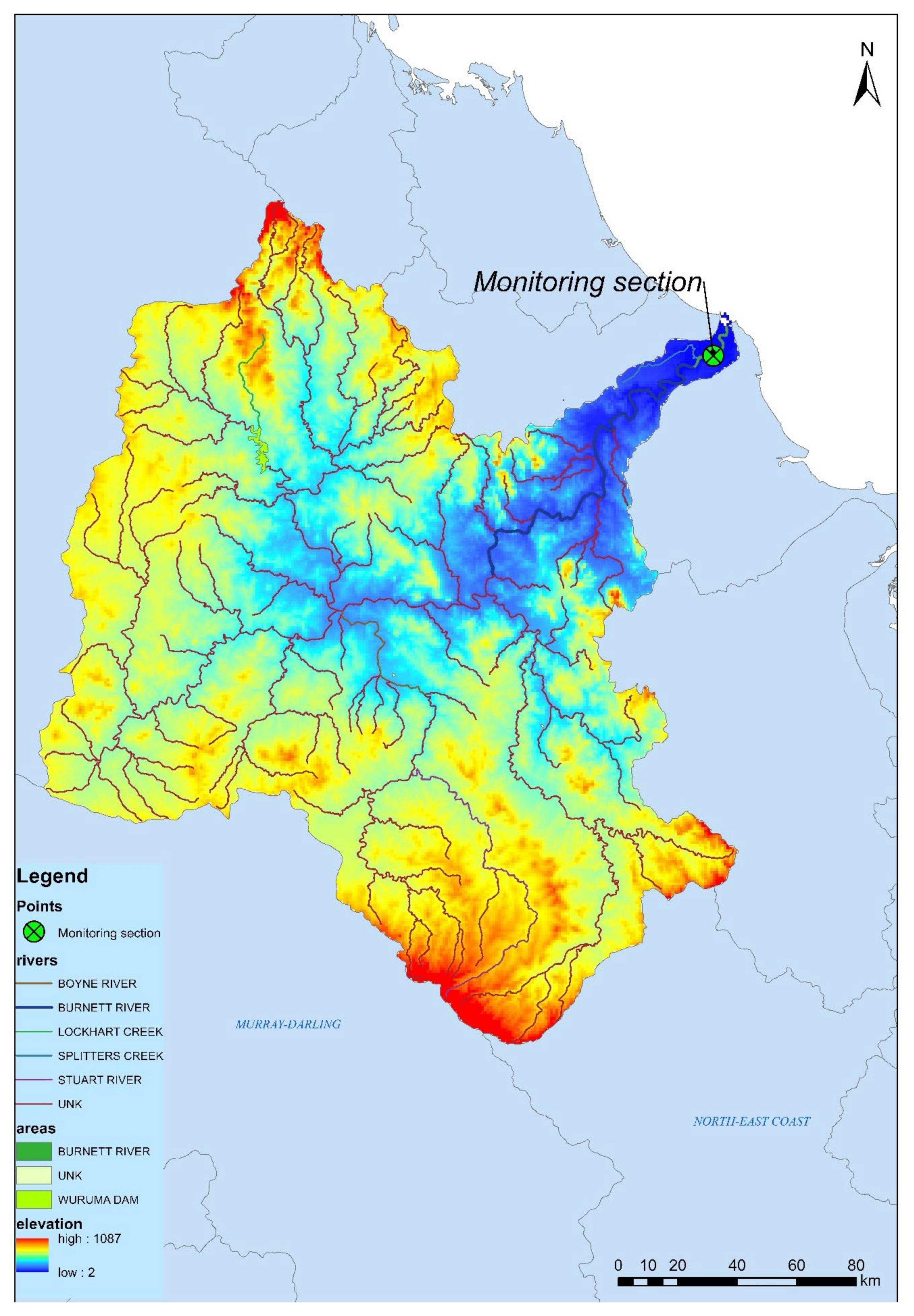Water sustainability is a critical issue for Australia, a country that is prone to drought and has a highly variable climate. As the population continues to grow and urbanization increases, the demand for water also rises. This puts a strain on limited water resources and makes it important for Australia to adopt sustainable water management practices.
One way that Australia is addressing water sustainability is through the use of desalination plants. These facilities use reverse osmosis to remove salt and other minerals from seawater, making it safe to drink and use for irrigation. While desalination can provide a reliable source of water, it is energy-intensive and expensive, and can have negative impacts on the environment, such as the release of brine back into the ocean.
Another approach to water sustainability in Australia is the use of water recycling and reuse systems. These systems treat wastewater to a high level of purity and use it for non-potable purposes such as irrigation and industrial processes. Water recycling helps to reduce the demand on fresh water resources and can also save money and energy compared to traditional treatment methods.
In addition to technological solutions, Australia is also implementing policies and regulations to promote water sustainability. The National Water Initiative, for example, is a cooperative agreement between the federal government and the states and territories that aims to improve water resource management and increase water efficiency. The initiative includes measures such as water pricing reforms and the implementation of water-saving technologies.
Despite these efforts, water sustainability remains a challenge in Australia. Climate change is causing more frequent and severe droughts, which can have a major impact on water availability. Additionally, overuse and mismanagement of water resources can lead to environmental degradation and decreased water quality.
To address these challenges, it is important for Australia to continue to invest in and implement sustainable water management practices. This may include expanding the use of desalination and water recycling, improving water efficiency through the adoption of new technologies and policies, and preserving and restoring natural water systems. By taking a holistic approach to water sustainability, Australia can ensure that its water resources are managed in a way that is sustainable and equitable for current and future generations.







